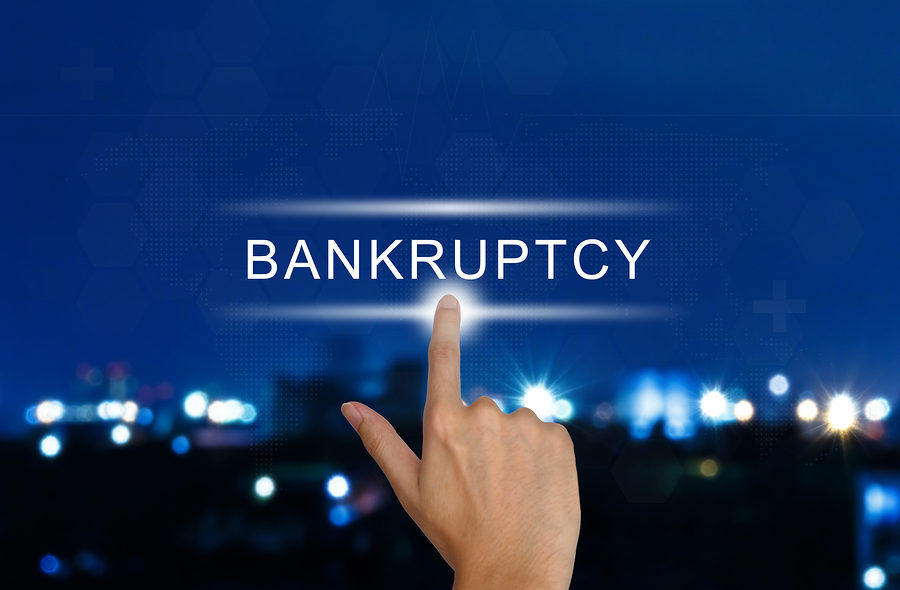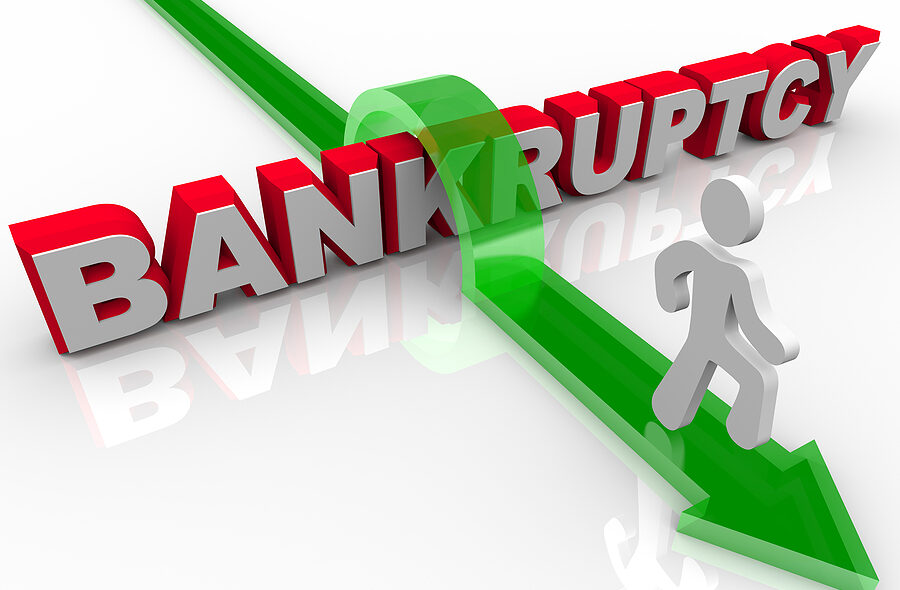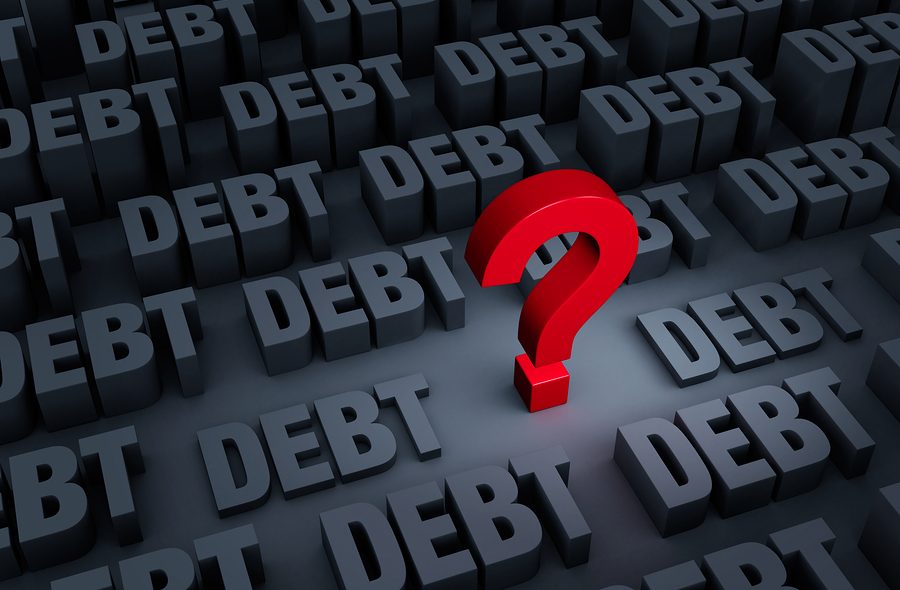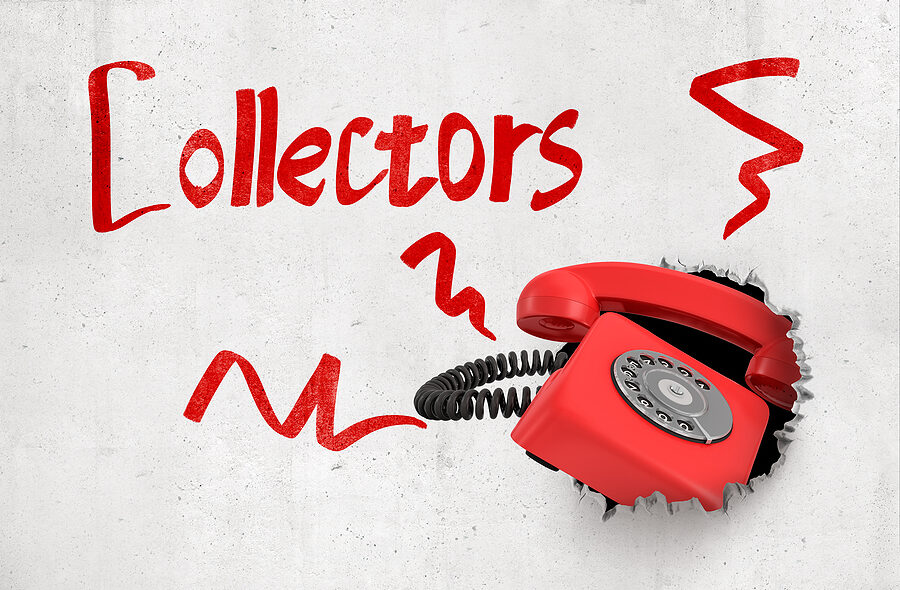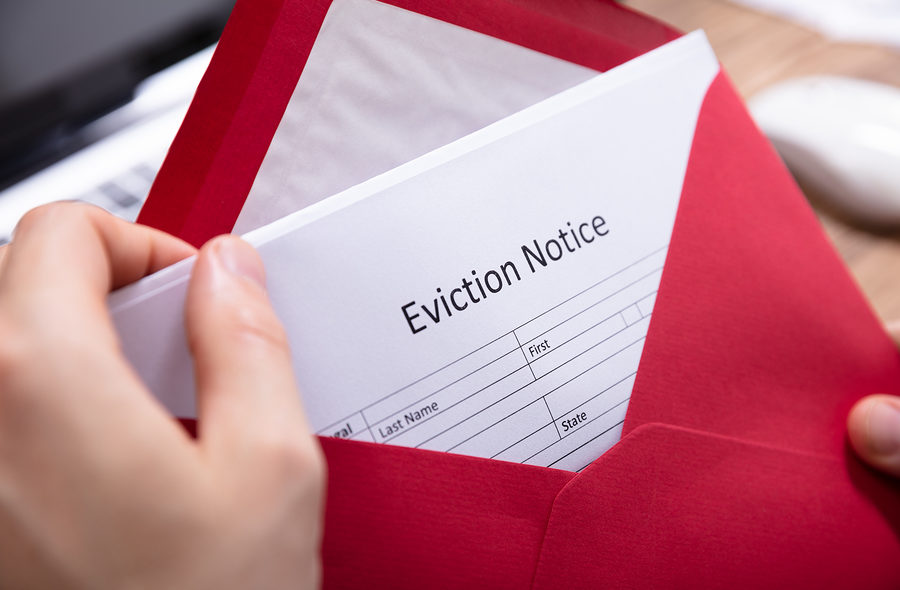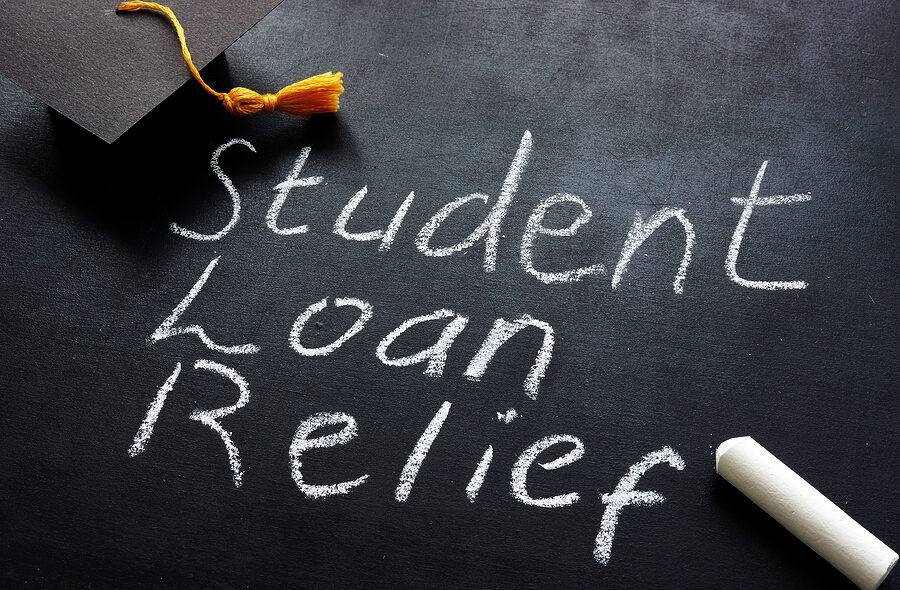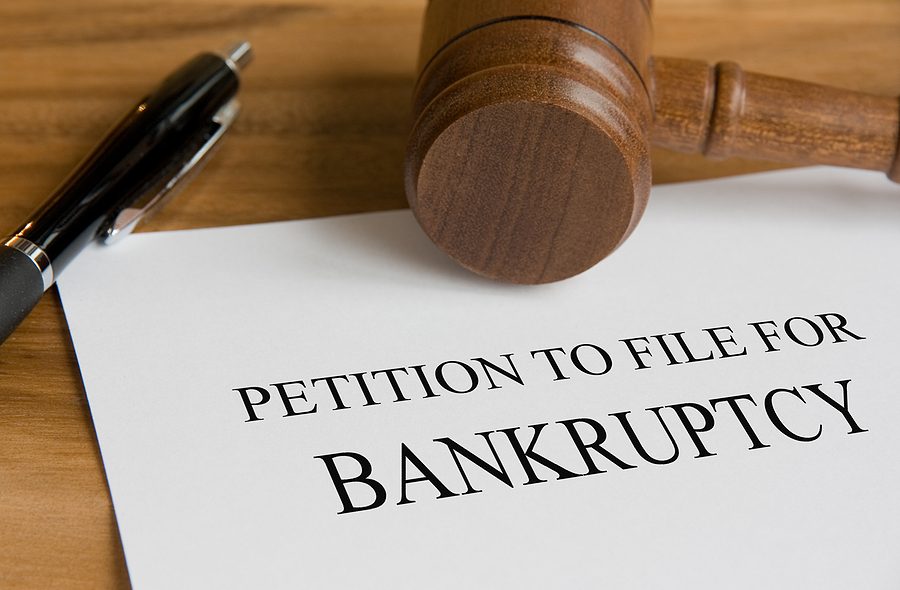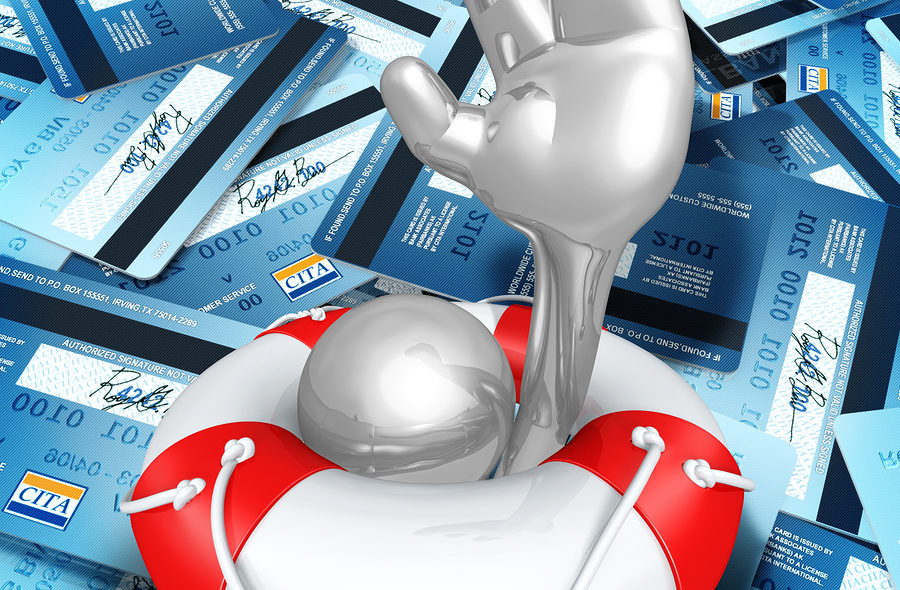Making the decision to file for bankruptcy is never an easy one. Many individuals hold off on filing for fear of what it will do to their credit or worse, fear of the unknown. For many consumers, taking that first step and initiating a bankruptcy case can be the best option for them. The key is deciding when to take that step.
The longer a person stays in debt, struggling to pay bills, defaulting on liabililities, the worse the financial damage will be. Not to mention the emotional toll it takes. By not taking action, a person can risk being sued by thier creditors or having their wages garnished. Credit card companies, creditors and even the IRS can take legal action to garnish your wages to pay off outstanding debt.

